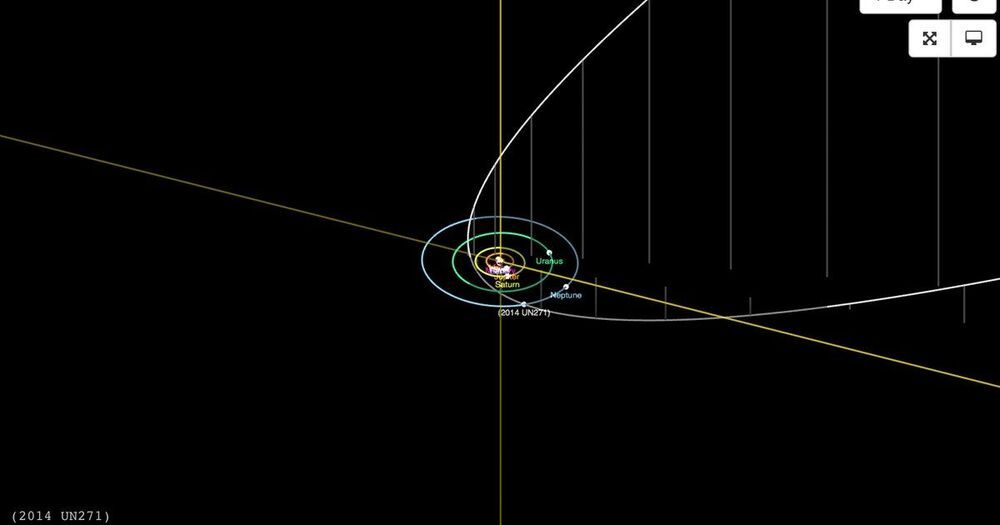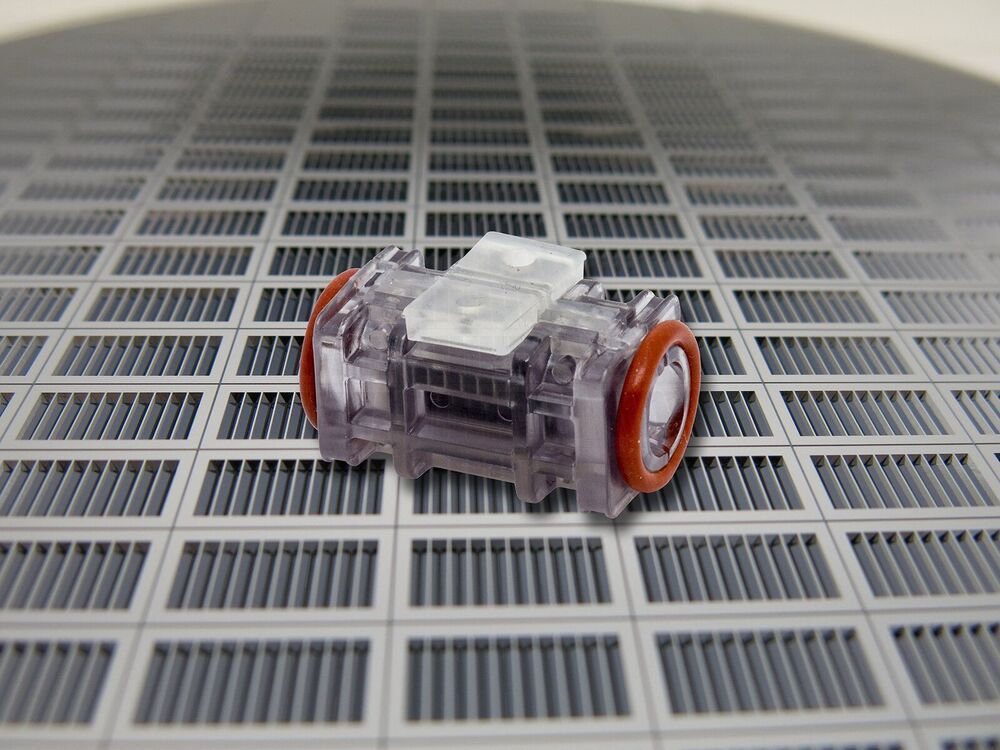
The U.S. is facing an unprecedented shortage of obstetricians and gynecologists (OB/GYNs). According to the American College of Obstetricians and Gynecologists, around half of the nation’s counties don’t have access to even a single OB/GYN, which means more than 10 million women are in need of OB/GYNs for primary care. Alarmingly, there are now 8000 fewer women’s health specialists than needed, and that number is predicted rise to 22000 by mid-century.
As the nation’s largest group of Maternal-Fetal Medicine (MFM) and OB/GYN Hospitalist providers, Obstetrix Medical Group is uniquely addressing this critical issue. With multiple diverse TeleMFM programs around the country, Obstetrix provides a key solution for hospitals and community OB/GYN physicians that improves access to specialty care for women with high-risk pregnancies.
Mednax clinicians have long relied on the benefits of telehealth to complement traditional in-person care. MFM providers specifically have utilized various forms of telehealth since the late 1980s. Today, virtual care continues to play an essential role in bridging distance gaps and bringing the highest quality care to patients in need, no matter their location. Through the use Vsee, one of Mednax’s primary telehealth platform vendors, as well as others, clinicians across the country are finding a silver lining during the COVID-19 pandemic. Though helpful in any region, in the rural areas of the Mountain West, it has become even more of a blessing. We spoke with Oliver (Bill) Jones, M.D., about how telehealth integrated into their practice and how it has positively impacted their high-risk patients.
Continue reading “Telehealth Extends Coverage of High-Risk Maternal-Fetal Care” »
















